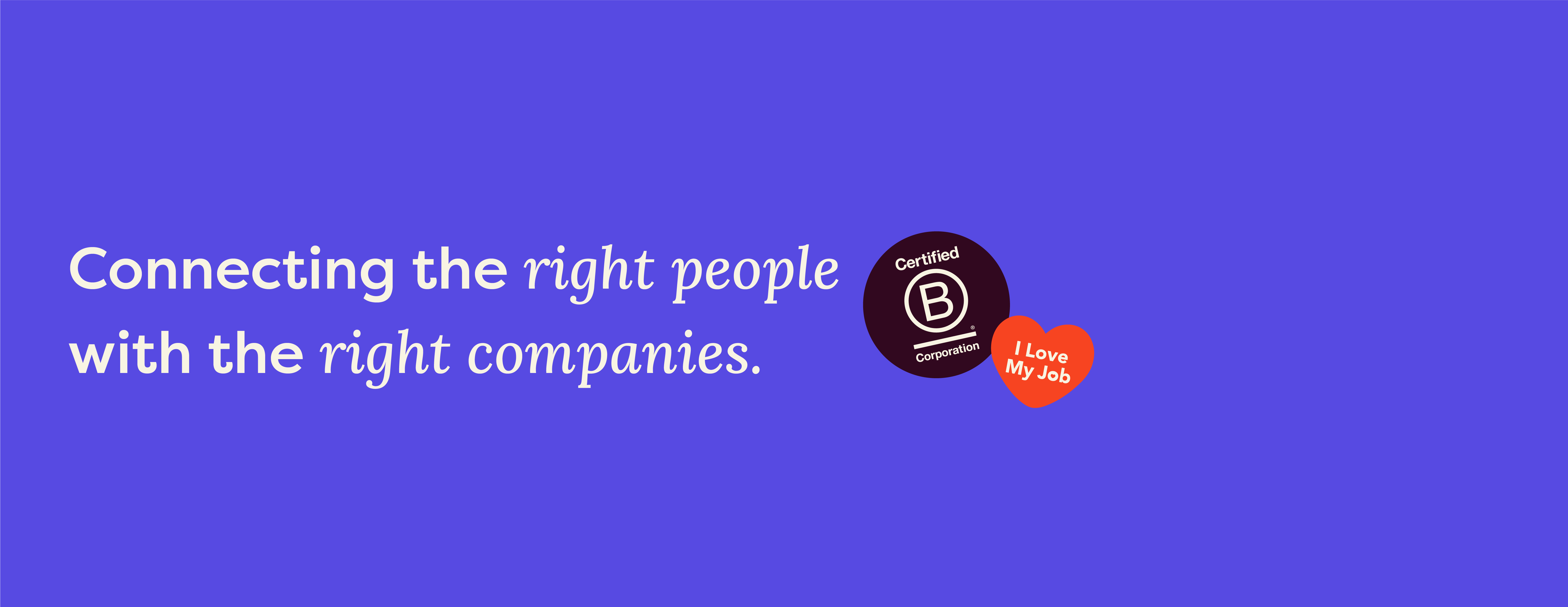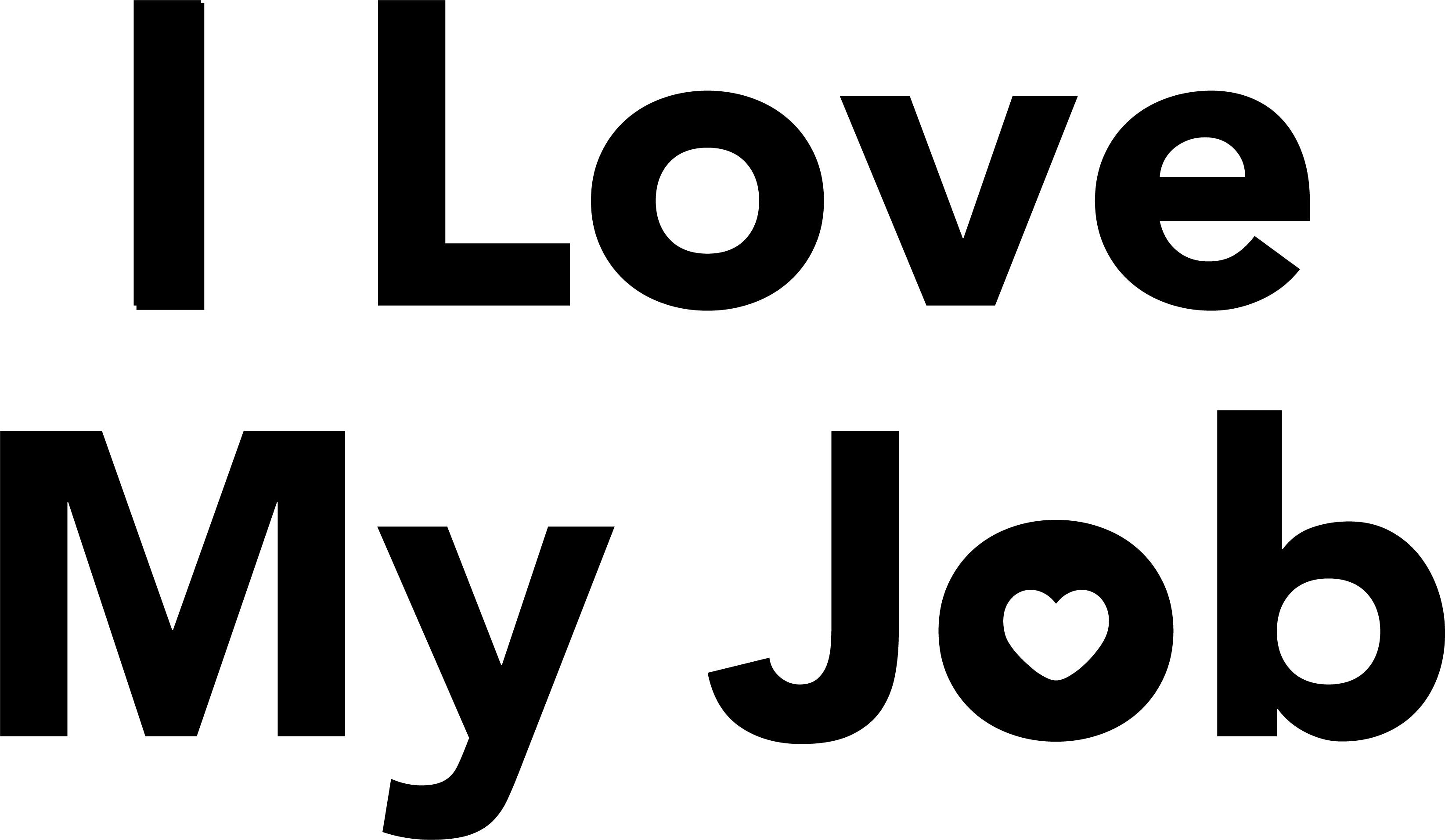

I Love My Job Ltd

City of Westminster, United Kingdom
November 2021
Employment placement & HR
Service with Minor Environmental Footprint
United Kingdom
Looking to hire engaged, energised, and happy team members? You've come to the right place. We are I Love My Job, a positive impact recruitment agency dedicated to helping companies thrive by finding team members who are passionate about what they do. When people love their jobs, amazing things happen. They bring GREATER innovation, foster HIGHER engagement, enjoy INCREASED happiness levels, drive HIGHER productivity, experience IMPROVED health and well-being, and build BETTER relationships at work. We specialise in working with start-ups, scale-ups, and established brands that truly value their people. Our expertise spans various sectors: ◇ Sales ◇ Operations ◇ Product ◇ Design ◇ HR + People ◇ Marketing ◇ Finance ◇ Admin. Together, we can reshape the workplace, creating a world where passion and purpose are at the core. https://ilovemyjob.co.uk/hiring/
Overall B Impact Score
Governance 21.1
Governance evaluates a company's overall mission, engagement around its social/environmental impact, ethics, and transparency. This section also evaluates the ability of a company to protect their mission and formally consider stakeholders in decision making through their corporate structure (e.g. benefit corporation) or corporate governing documents.
What is this? A company with an Impact Business Model is intentionally designed to create a specific positive outcome for one of its stakeholders - such as workers, community, environment, or customers.
Workers 40.5
Workers evaluates a company’s contributions to its employees’ financial security, health & safety, wellness, career development, and engagement & satisfaction. In addition, this section recognizes business models designed to benefit workers, such as companies that are at least 40% owned by non-executive employees and those that have workforce development programs to support individuals with barriers to employment.
Community 29.6
Community evaluates a company’s engagement with and impact on the communities in which it operates, hires from, and sources from. Topics include diversity, equity & inclusion, economic impact, civic engagement, charitable giving, and supply chain management. In addition, this section recognizes business models that are designed to address specific community-oriented problems, such as poverty alleviation through fair trade sourcing or distribution via microenterprises, producer cooperative models, locally focused economic development, and formal charitable giving commitments.
Environment 14.1
Environment evaluates a company’s overall environmental management practices as well as its impact on the air, climate, water, land, and biodiversity. This includes the direct impact of a company’s operations and, when applicable its supply chain and distribution channels. This section also recognizes companies with environmentally innovative production processes and those that sell products or services that have a positive environmental impact. Some examples might include products and services that create renewable energy, reduce consumption or waste, conserve land or wildlife, provide less toxic alternatives to the market, or educate people about environmental problems.
Customers 5.0
Customers evaluates a company’s stewardship of its customers through the quality of its products and services, ethical marketing, data privacy and security, and feedback channels. In addition, this section recognizes products or services that are designed to address a particular social problem for or through its customers, such as health or educational products, arts & media products, serving underserved customers/clients, and services that improve the social impact of other businesses or organizations.